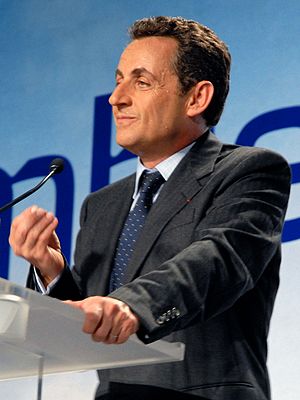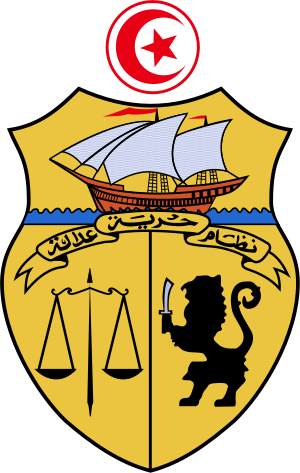By Paul Canning
French graphic artists Michel Dufranne and Milorad Vicanovic-Maza with Christian Lerolle
have produced the first comic book about the gay experience of the Holocaust.
It
tells the story of "discreet, cheerful and romantic" designer and advertising art teacher, Andreas from the early 1930s in Berlin.
Life then is OK if you are gay - but the "brown plague" gradually invades the streets, and the city's institutions. Laws are enacted. Andreas experiences violence. He is sent to prison, then a concentration camp.
Surviving the abuse, post-war does not bring more rest. Taken prisoner again, a new fight begins for his rehabilitation. This fight, which seems lost in advance, will be won by betraying his identity. Like many other gays, he disguises his history, saying he was a "red triangle" (political prisoner). He marries a lesbian and together they raise the child she was forced to have with a Nazi officer.
The pink triangle ('Triangle rose') was the symbol in the Nazi concentration camps used to mark gay men. The deportation of homosexuals by the Nazis was part of a logic of repression of "undesirables" (antisocial, criminal, etc.).
The memory of the deportation of homosexuals is fairly recent. On 25 September 2010, a plaque in memory of "victims of Nazi barbarism, deported on grounds of homosexuality" was placed in the
Struthof camp (Alsace). Elsewhere, plaques and monuments recall the deportation of homosexuals by the Nazis. These include ones in the cities of Amsterdam, Berlin, Bologna, The Hague, Frankfurt, Cologne, Anchorage, Sydney, San Francisco and Montevideo.
The last known survivor of the deportations was Rudolf Brazda, who was sent to Buchenwald for almost three years. He
died this year at the age of 98 years.
The anti-gay Paragraph 175 law was finally amended in West Germany in 1969, and homosexuality ceased to be a reason for imprisonment, it was finally repealed in 1994 in the reunited Germany. The authors note that the French Article 331 of the Penal Code in the Vichy regime was only deleted in 1982.
In Germany a foundation dedicated to research in the memory of gay people persecuted under the Nazis during the Holocaust has been awarded more than $20 million.
The establishment of the
Magnus Hirschfeld National Foundation, named after the late founder of the former
Institute for Sexual Research, by the Department of Finance, comes after more than three decades of lobbying by volunteers of the
Magnus Hirschfeld Society.
Hirschfeld was an openly gay Jewish sexologist driven from Germany with his work burned when the Nazis came to power.
"The foundation comes far too late to compensate the GLBT survivors of the Nazi period, but it will help the research to commemorate their names and fates," Ralf Dose, founder of the Hirschfeld society,
told Bay Area Reporter. The establishment of the foundation comes a decade after the first bill regarding its establishment passed the Bundestag in 2001.
Some of the few remaining original works of Hirschfeld will be on display in an exhibit at the
Schwules Museum, Berlin, from December 6 through the end of March.





































 Join our page
Join our page

